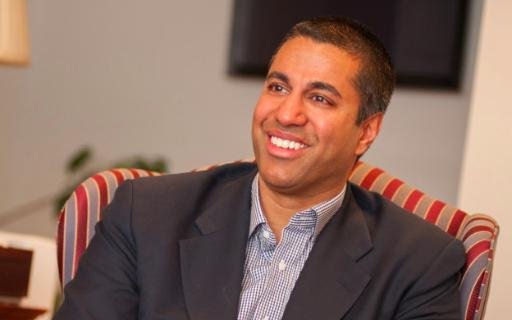On June 30, the pledge to keep the US connected will end, with millions of citizens potentially facing a digital void unless bills are paid.
June 22, 2020

On June 30, the pledge to keep the US connected will end, with millions of citizens potentially facing a digital void unless bills are paid.
The Americans Connected Pledge was launched by the FCC on March 13, with almost 785 broadband and telephone service providers promising not to sever connectivity to customers unable to pay bills due to COVID-19, waive any late fees or penalties and to open hotspots up to everyone and anyone. This was a good initiative to assist citizens and SMEs during the difficult coronavirus period, but the ‘pledge’ will conclude on June 30.
Although some firms have said the assistance would continue beyond this date, Comcast will continue free access to its 1.5 million public Xfinity wifi hotspots through 2020, smaller telecoms operators are not able to continue absorbing the financial burden.
“This public-private partnership has been critical to American consumers,” said FCC Chairman Ajit Pai (pictured). “But broadband and telephone companies, especially small ones, cannot continue to provide service without being paid for an indefinite period of time; no business in any sector of our economy could.
“So I believe now is the time for legislation to ensure that doctors and patients, students and teachers, low-income families and veterans, those who have lost their jobs and livelihoods due to the pandemic and the accompanying lockdowns, those in our cities and those in the countryside – in short, all Americans – remain connected until this emergency ends.”
In addition to seeking commitments from broadband companies, Pai has written to Congress to request additional funds to ensure the bottom does not fall out of the telecoms market. These funds could be used to support smaller telecoms operators, those who may be forced to make difficult customer decisions to ensure their own business is not irreversibly damaged.
As Pai points out, the telecoms industry needs money to remain healthy. There are only a handful of companies who have access to the funds or access to the financing channels to continue offering ‘free’ services, and the longer this period continues, the more vulnerable smaller telecoms companies look. This would be a disaster for some communities, as there are many who are only served by one, perhaps two, service providers.
At some point, these smaller companies will have to ask customers to start paying their bills or face termination of service. Normality has to be resumed, as the telecoms operators have their own bills to pay.
In response to the end of the ‘pledge’, Pai said asked the telecoms operators to introduce new features, such as extended payment plans and deferred payment arrangements, to ensure the most at risk customers have continued assess to connectivity services. In addition to these new features, the funds from Congress could act as a security buffer for those telecoms operators who face an existential threat.
The issue in the US is one of a continued coronavirus risk. Over the course of the weekend, it was reported that Apple was reclosing stores in four states (Arizona, Florida, North Carolina and South Carolina) where COVID-19 infections were surging. Although the worst of the coronavirus seems to be in the past for the majority of the world, there are still pockets in the US which threaten to throw off the delicate equation for recovery.
The FCC seems to recognise the threat of these events, a glum acceptance that the COVID-19 threat is far from over in the US.
About the Author(s)
You May Also Like








.png?width=300&auto=webp&quality=80&disable=upscale)


_1.jpg?width=300&auto=webp&quality=80&disable=upscale)


.png?width=800&auto=webp&quality=80&disable=upscale)